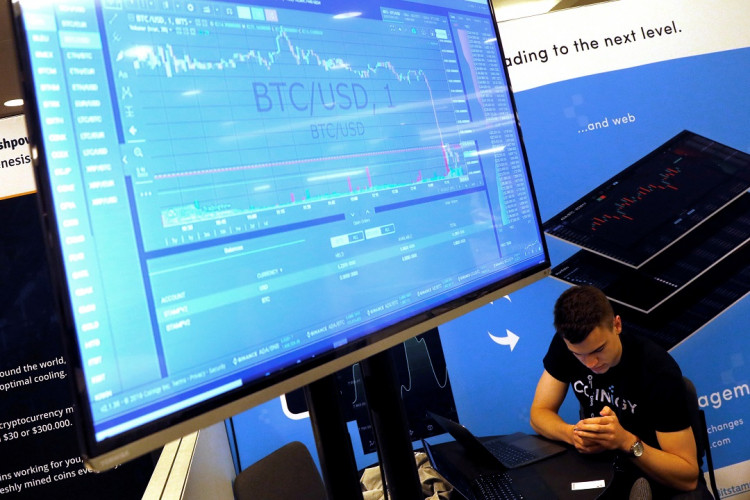If you keep tabs on the fintech, then you may have encountered with the hype machine known as blockchain one way or another. And yet, there's still a lot of folks who have no idea what this is or misunderstand the technology and its potential.
What's the deal with blockchain, anyway?
Even if you're not involved or interested with fintech, the blockchain can potentially affect your life not just professionally, but on a personal level too. This is not just hyperbole. The blockchain is the ultimate tool of the next generation.
What's baked into blockchain are benefits like automation, availability, security, and data recovery. The serverless architecture of public blockchains is proof that it has the ability to improve reliability, most especially in enterprise-grade databases. And the costs are also not much higher: this tech's ability to instantly replicate allows for non-redundancy as opposed to a traditional database.
But what benefits the majority of blockchain users are the smart contracts that regulates changes, so a new hire can't throw a wrench into everything - the blockchain will protect you from changes that could compromise data or stability.
It should be noted, however, that blockchain isn't something that's applicable to everything. Big data analytics is crazy expensive to replicate, and unless you are directly monetizing the data (like selling ads), it is not worth the cost to shoehorn blockchain into an analytical workload.
Blockchains are most applicable for core business transactional data, like your account balance. They are most effective when it comes to ownership records and account data, which if ever compromised, can be detrimental to a company.
When it comes to transactions, speed isn't just the concern for many. The part where transactions are verified and secured is also important. That's what has always been missing in system management and is something that anyone from our beleaguered dev to the teams that run databases for Twitter, Facebook, and LinkedIn are learning.
Blockchain technology is the evolution of database. Database is backed up and continuously verified, whereas smart contracts enforce business rules. All of the computational and infrastructure needs are calculated before being deployed, and rules that are securely embedded ensure compliance from day one onward.
Ultimately, this is where blockchain really proves its worth: combining the basic elements of security, robustness, replication, and business logic all in its "DNA." Smart contracts are safe, distributed, and secure. Your entire dataset is more secure this way, too. This is why blockchain promises to be the next-generation database.






